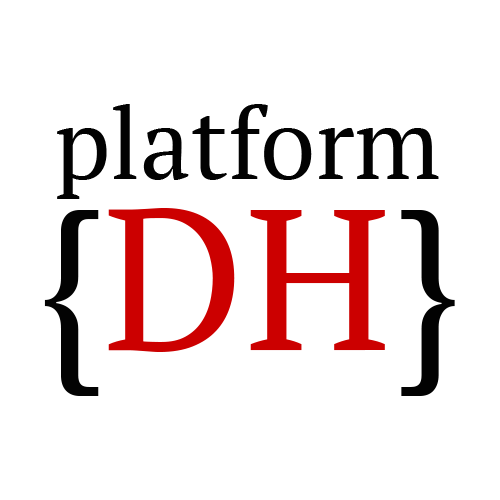Lecture Series: Gerrit Brüning
S.R.231 Rodestraat 14 (via ingang Lange Winkelstraat), Antwerpen, Antwerpen, BelgiumGenetic Editing and Textual History. The Case of Goethe’s Faust.
In his lecture, Gerrit Brüning introduces the key concepts and features of the Faust edition, which is published in an advanced beta stage (beta.faustedition.net), and nearing completion. The genesis of Goethe’s Faust tragedy spans a period of about 60 years. Individual stages of its conceptual and textual history have survived in hundreds of manuscripts with more than 2000 written pages. The Faust edition gives access to this material, enabling the user to find all witnesses for every single passage of the work and to explore images and transcriptions in an intuitive way.


